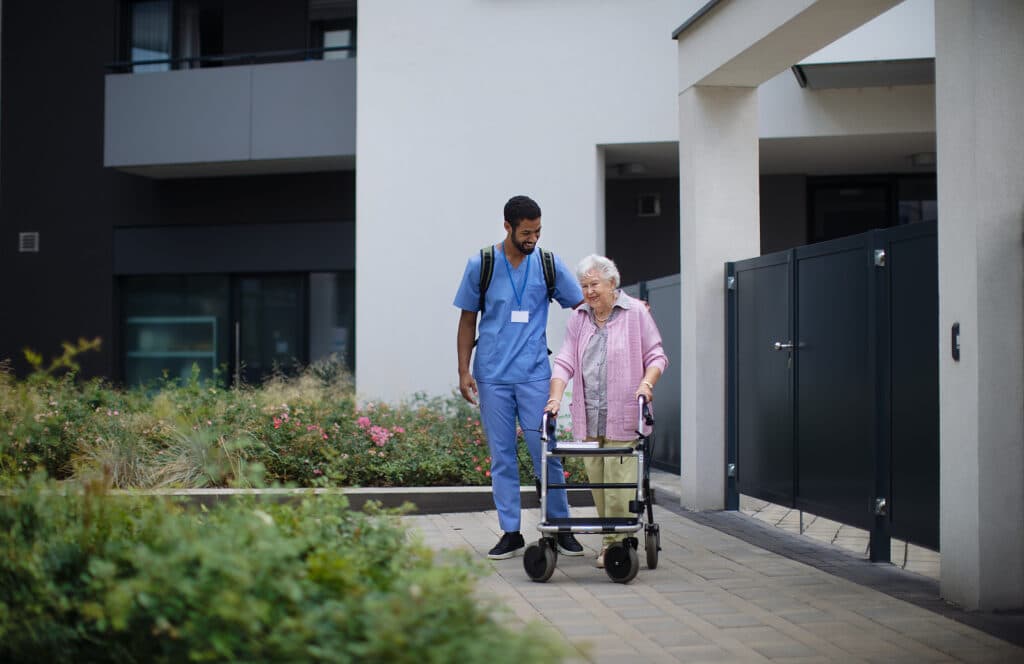Following a hospital stay, the last thing anyone wants is to go back. Unfortunately, about 16% of patients who are discharged from the hospital have to return within the next month. The federal government considers this a hospital readmission and has been placing increased pressure on hospitals to reduce these rates.
However, neither hospitals nor the doctors who work there can put in the effort for an individual after they are sent home. There are likely going to be a number of things the individual has to do to benefit their recovery.
If they don’t do these things, they might have an increased risk of a readmission. So, what are some vital steps that can help you or somebody you love — especially an aging parent or other loved one — avoid a potential return trip to the hospital within a month or even two or three?
Table of Contents
Toggle1. Ask for help.
Too many people don’t ask for assistance, especially when it’s clear they need it. An aging senior might have difficulty once they return home getting up from a seated position, a bed, or stairs. Going to the bathroom might be unsettling or even frightening for them.
Imagine struggling just to walk down the hall or across the bedroom and then wondering if you are going to fall just getting down to a seated position on the toilet.
Many elderly men and women get support from family and friends. Their adult children might step up, especially if they live close by. Imagine asking somebody like your own child to help you go to the bathroom.
It’s not something most people want to think about, which is why many seniors won’t ask for help, even if they had spent several weeks or months in the hospital and lost significant strength and mobility. That’s where in-home care makes a world of difference.
Have the right in-home care aide ready to help that senior when he or she returns home.
2. Know when you don’t have all the answers.
Some people like to think they know what’s going on, even when they have no experience doing something. Most family members have no experience as caregivers. They step into the role because mom or dad needs help following their heart attack or stroke or injuries sustained in a slip and fall accident.
The senior may also think they know what’s going on or what’s best for them. Yet, many people have never gone through this before and simply don’t know.
An aging senior should be humble enough to know they don’t know everything.
3. Set your limits.
If you try to do too much following a hospitalization, you run the risk of injuries or setbacks. You need to set limits. The older a person is, the more likely there are greater limits than they want to admit, and this is exacerbated the longer a person spends in the hospital.
4. Ask the doctor for clarification, when needed.
The senior should not be afraid to contact their doctor if they are not certain about something. It could be some of the prescription medications they need to take, exercise they should be doing, or anything else.
They should be proactive in this process and if they follow these four vital steps in turn to experienced in-home care to assist, they should reduce the risk of a hospital readmission tremendously.
Providing exceptional in-home care for seniors and families in the Northern Virginia area, including Arlington, Alexandria, McLean, Reston, Burke, Ashburn, Centreville, Springfield, Manassas, and Oakton. Call today to speak with our caring staff: (703) 272-8838.
- How 24-Hour Home Care Helps Enhance the Health and Well-Being of Seniors With Chronic Conditions - June 6, 2025
- What Are Some Surprising Early Signs of Dementia? - May 22, 2025
- Training of the Month: Lymphedema - May 15, 2025




